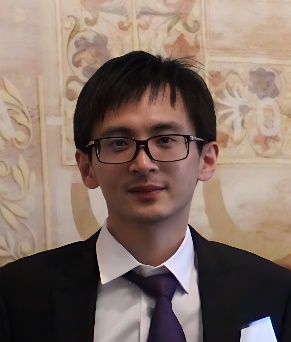主題|Topic:How Does the Loss of Draft Animals Affect Human Capital Accumulation in the Long Run?
時間|Time:4月17日(周三)15: 30 -17: 00
地點|Venue:文澴樓709教室|Class Room 709,WENHUAN
主辦單位|Organizer:澳门永利集团304官网手机
承辦單位|Operator:北京大學-中南财經政法大學新結構經濟學研究中心
主講|Speaker

吳賈,男,山東大學教授、博士生導師。主要研究方向為勞動經濟學和人力資本積累。代表性成果包括以第一作者在American Economic Journal: Economic Policy、Journal of Population Economics、Journal of Economic Behavior & Organization、《經濟研究》、《經濟學》(季刊)、《世界經濟》、《金融研究》期刊發表論文。近年來發表論文約40篇。獲得國家自然科學基金面上項目、青年項目資助。擔任潘蘇通滬港經濟政策研究中心(香港)兼職研究員、香港中文大學兼職研究員。
摘要|Abstract
Thispaper investigates the long-run effects of a mass killing of animal labor on human education. During China’s agricultural collectivization movement, advanced cooperatives were instituted between 1955 and 1957, leading to a widespread slaughter of draft animals. We leverage census and survey data to demonstrate that people who were exposed to more draft animal deaths during their school ages have better educational attainment, lower dropout rates, and better jobs today. These effects also extend to second-generation individuals who have long years of schooling and secure better jobs. Our findings suggest that these effects are due to decreased returns on agricultural work. We also find that people shift their preferences toward human capital investment, which possibly contribute to long-term effects spanning across generations.

